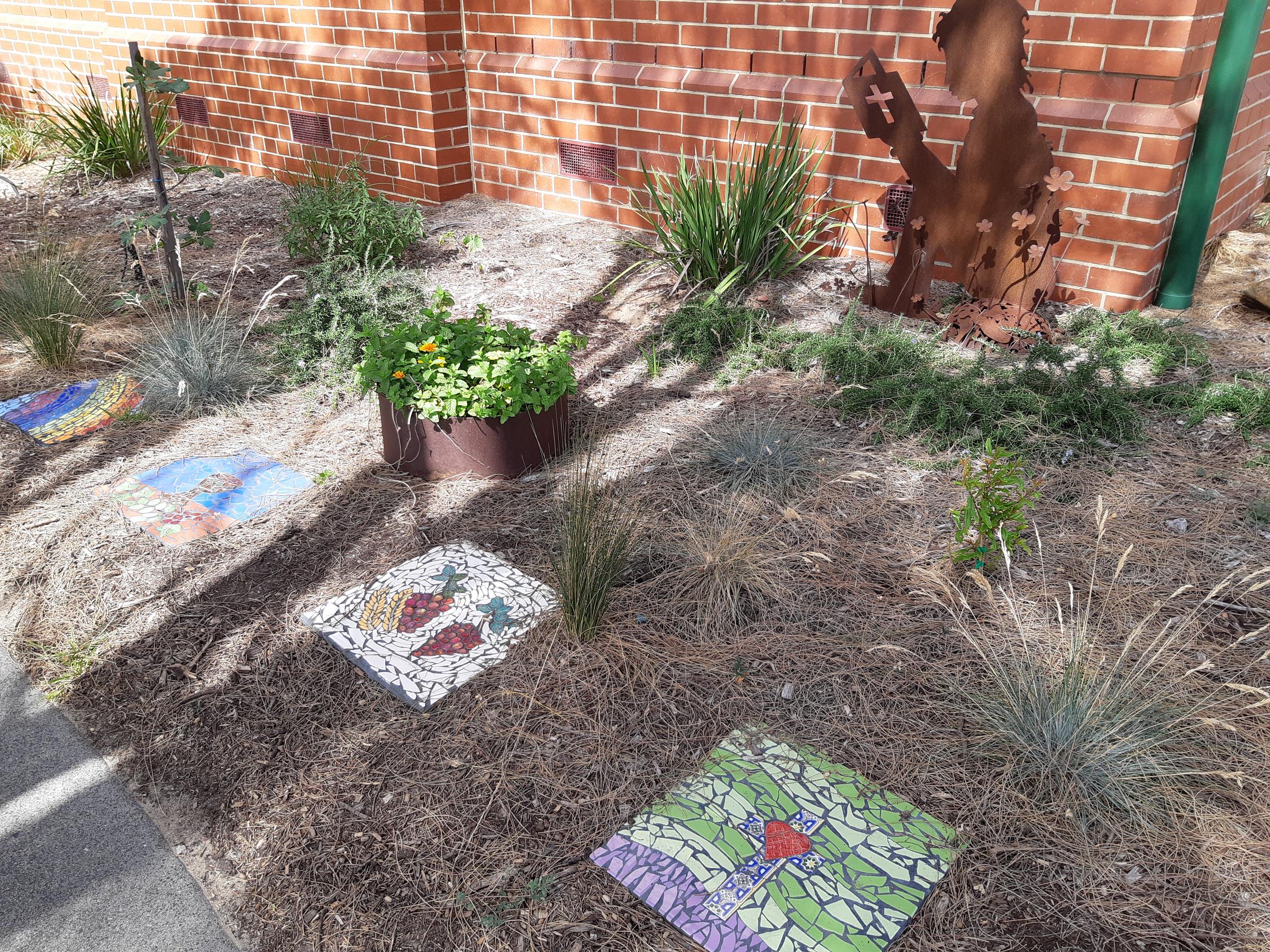Religious Dimension

International Day of Non-violence on 2 October.
Prayer blog: Becoming peacemakers by Andrew Hamilton
Everyone wants peace. But equally, most people find conflict more interesting than peace. Compare the number and the relative success of television series that trade in war and violence with those that describe a serene peace. Yet almost always wars are fought to secure peace – on the right terms. Enemies are attacked so that they will be driven to negotiate peace. That was true for the ancient Romans. It is true for the powers now fighting in Syria and Iraq. In our daily lives, too, peace is something we value and seek both in our own lives and in our close relationships. Yet it is always a work in progress. We think longingly of peace and we find ourselves caught in inner turmoil, upset by people we think have disrespected us, panicked by the state of the household budget and our debts, or anxious about our work.
In our families we long for peace, but our two-year-old rampages his way to get his own will, our adolescent daughter pushes all our buttons and tests all our boundaries, and even the Christmas dinner we had dreamed of as a harmonious event turns to sulks and recrimination.
These examples show us that peace is never a stable gift to be taken for granted. We must make peace and work to preserve and to restore it if it is broken. Jesus himself praises not the peaceable but those who make peace. For him, too, the way to peace is non-violence, the making of space in conflict, writing on the ground instead of confronting men with murder on their mind, giving himself up rather than fighting. The International Day of Non-violence reminds us that peace making and keeping is a constant challenge, and that it begins within us, reaches out to our homes and personal relationship and extends through groups and work places to nations.
Non-violence is a seamless robe, a way of seeing the world and of living within it. It demands attention to the movements of our own hearts and to the faces of others. It requires a discipline that allows us to respond to aggression by waiting and recognising the humanity of our aggressors. It runs counter to our natural instincts of flight or fight, to our natural desire for a quick resolution that takes away our fear. We wait instead with open hands and engage peaceably with the person or groups we see as a threat.
This weeks gospel
Matthew 21:33-43
Jesus tells the parable about the wicked tenants.
Background on the Gospel Reading
Today's Gospel follows directly after last Sunday's Gospel in which Jesus was questioned by Jewish religious leaders about the source of his teaching authority. After refusing to answer their questions, Jesus tells the parable of the two sons and then criticises the priests and elders for their lack of belief in John the Baptist.
In today's Gospel, Jesus once again speaks to the priests and elders with a parable. In this parable, the landowner leases his vineyard to tenants and sends his servants to collect the portion of the harvest that the tenants owe to him. Several times the servants are sent to collect payment, and each time they are beaten and killed by the tenants. Finally, the landowner sends his son to collect his rent. The tenants, believing that they will inherit the vineyard if the landowner dies without an heir, plot together and kill the landowner's son.
After telling the parable, Jesus questions the chief priests and elders about what the landowner will do to the wicked tenants. They all agree that the landowner will kill the wicked tenants and give the land to new tenants who will pay the rent.
In telling the parable, Jesus is clearly drawing upon Isaiah 5:1-7, which is today's first reading and one that the priests and elders would have known well. Jesus doesn't, therefore, have to explain the symbolism of the parable; the Pharisees would have understood that the vineyard represented Israel, the landowner represented God, the servants represented the prophets, and the bad tenants represented the religious leaders. Yet Jesus nonetheless explains the meaning of the parable for his audience: the Kingdom of God will be taken from the unbelieving and given to the faithful. The chief priests and elders have condemned themselves with their answer to Jesus' question.
Today's Gospel has a parallel in Mark 12:1-12. There are some notable differences, however. In Matthew's version, the religious leaders condemn themselves; in Mark's Gospel, Jesus answers his own question. Matthew names the religious leaders as Pharisees and chief priests. Clearly this Gospel shows the tension that was mounting between Jesus and the Jewish religious leaders who thought that his message was dangerous. Matthew's Gospel was written about 70 years after Jesus' death and reflects the conflicts and tensions found in the Christian community for whom Matthew was writing. Many biblical scholars believe that the tension between Matthew's community and their Jewish neighbours can also be heard in today's reading.
This Gospel reminds us of the importance of listening to God's word. God speaks to us in many ways—through Scripture, through our Church tradition, in our Church's teaching, and through modern-day prophets. Are we attentive and receptive to God's word to us through these messengers?
Jacqui Hayes

